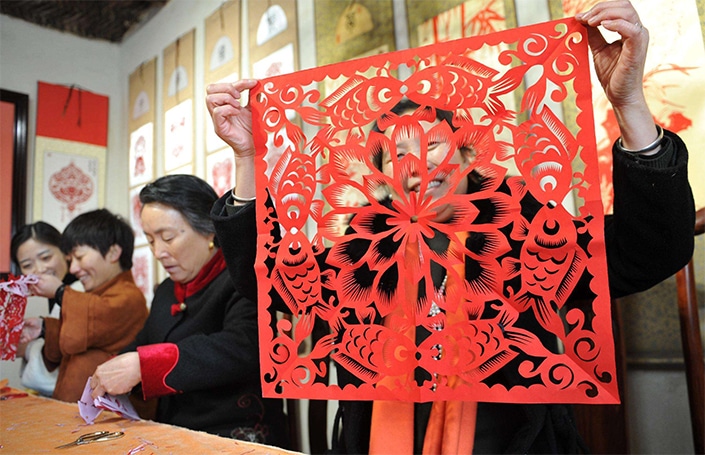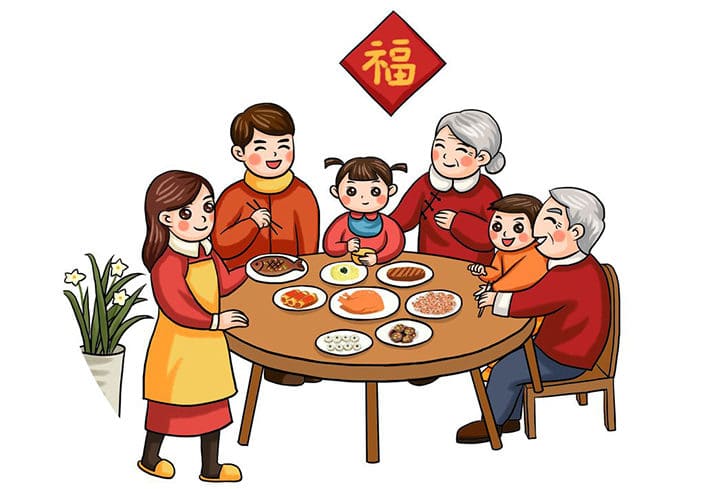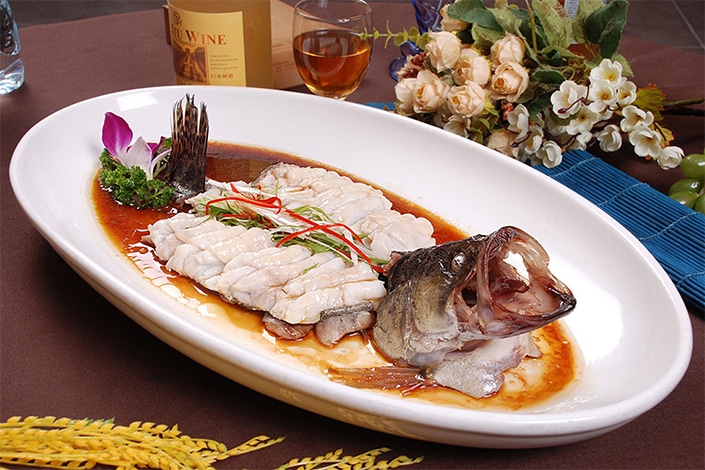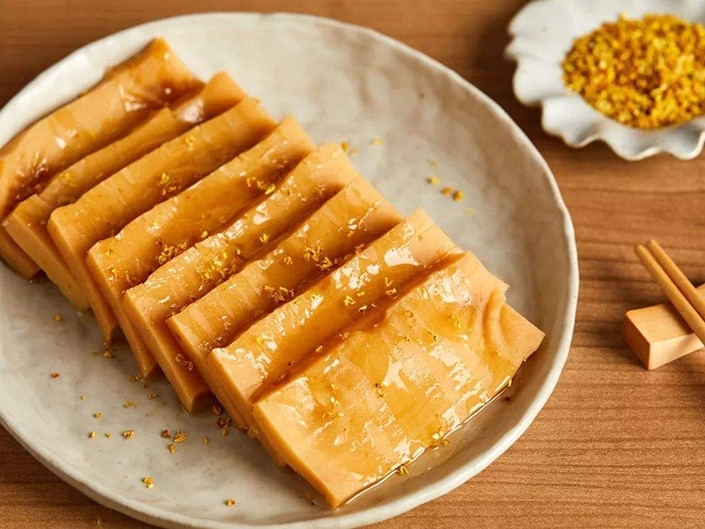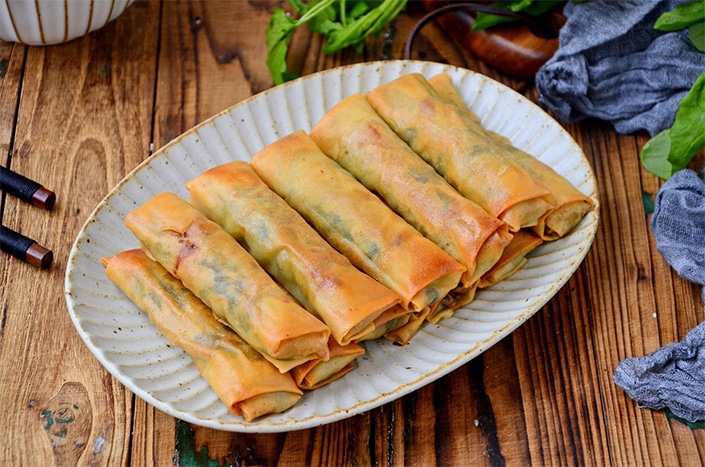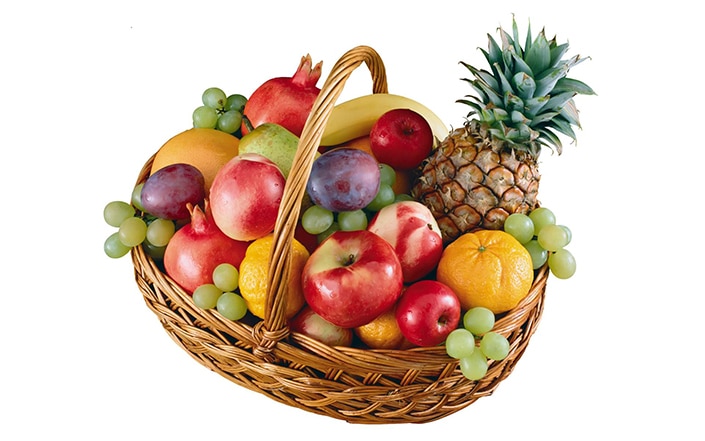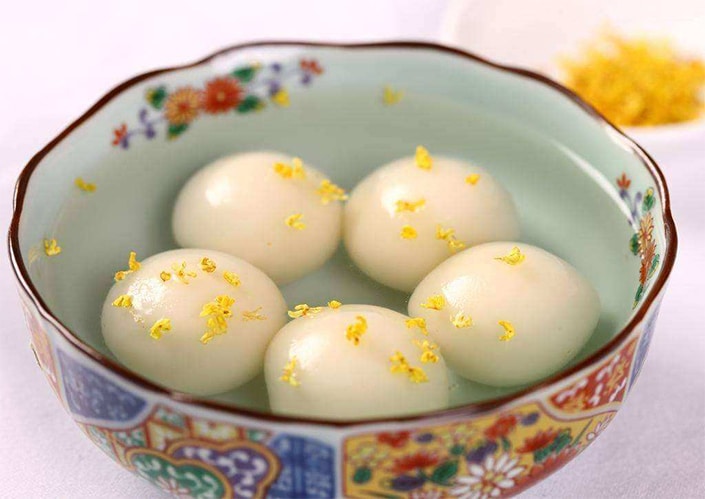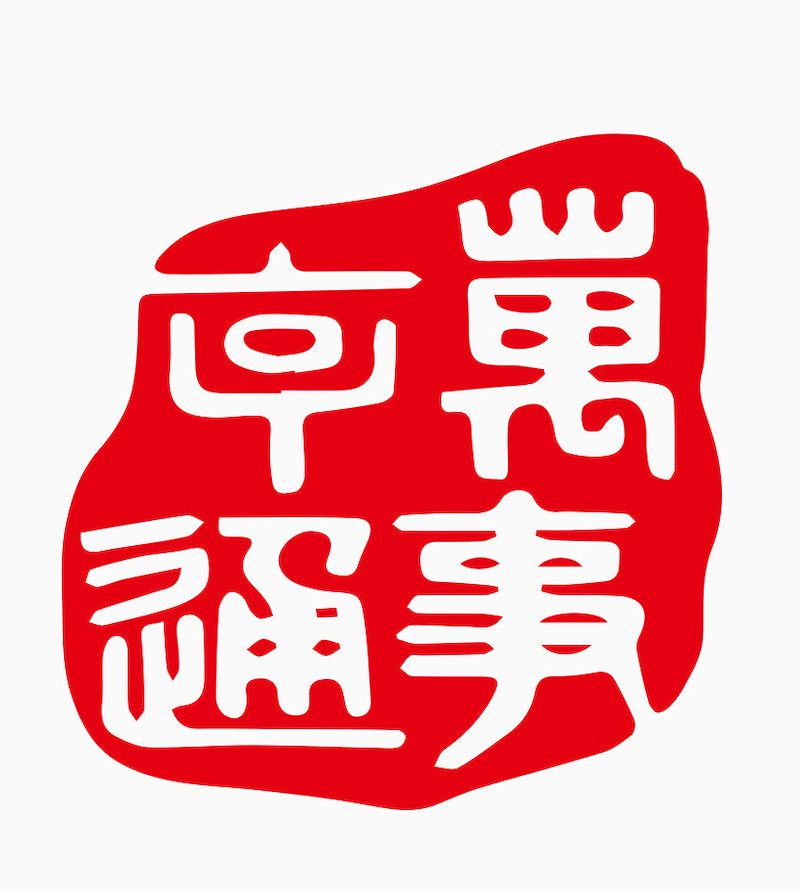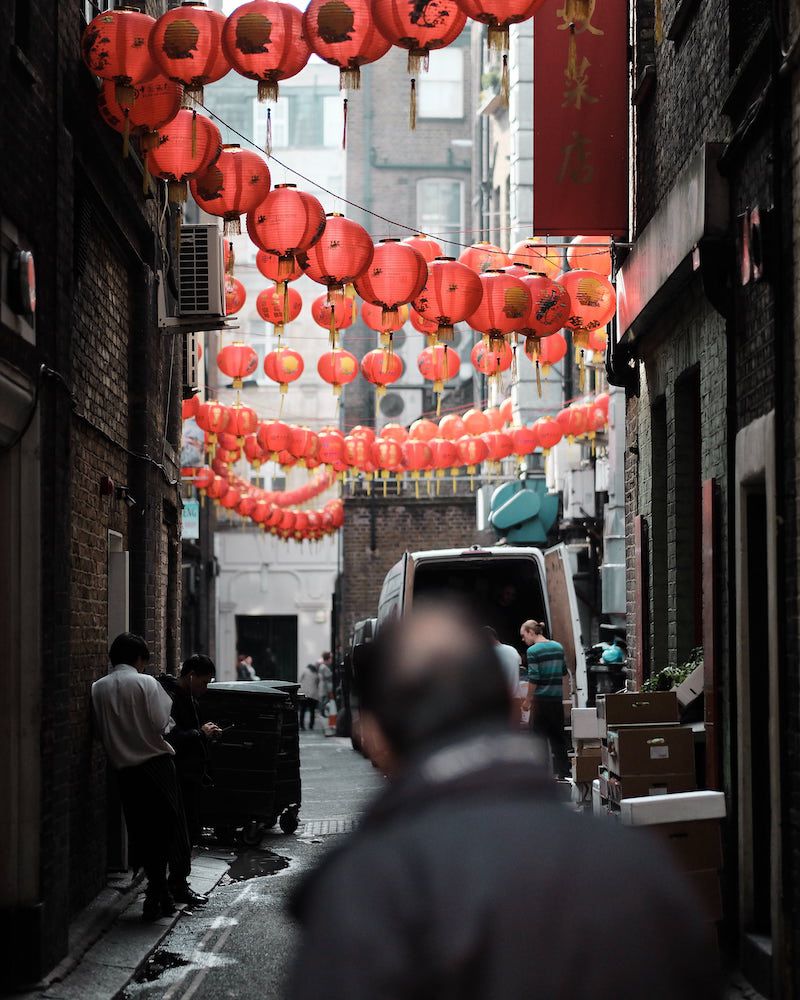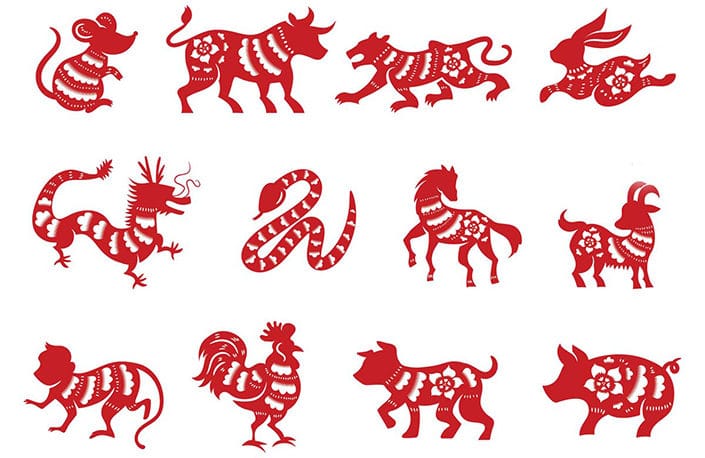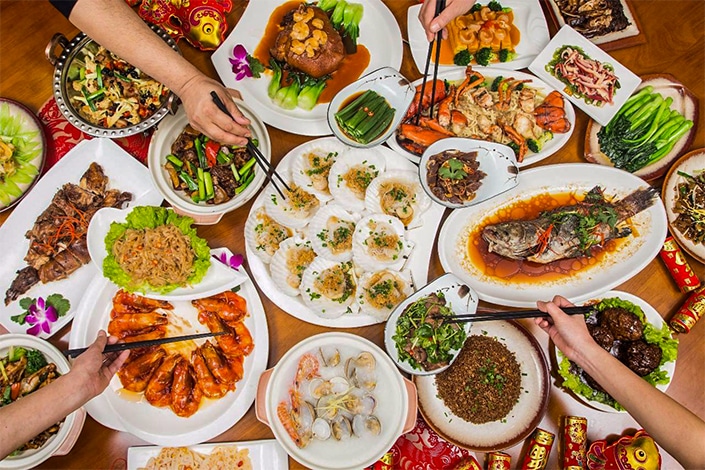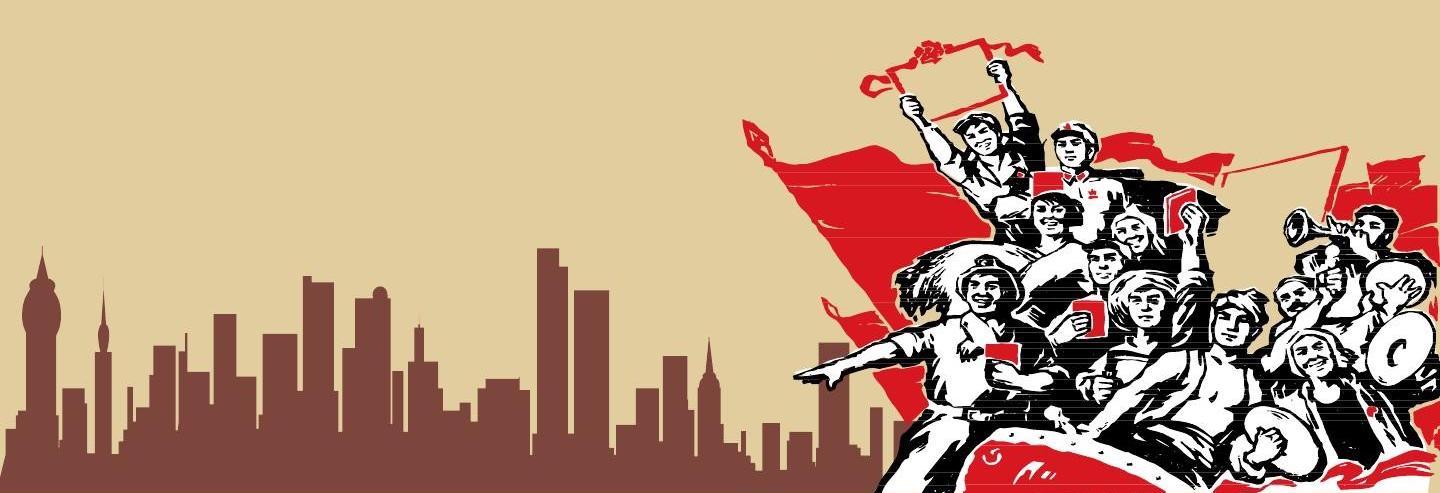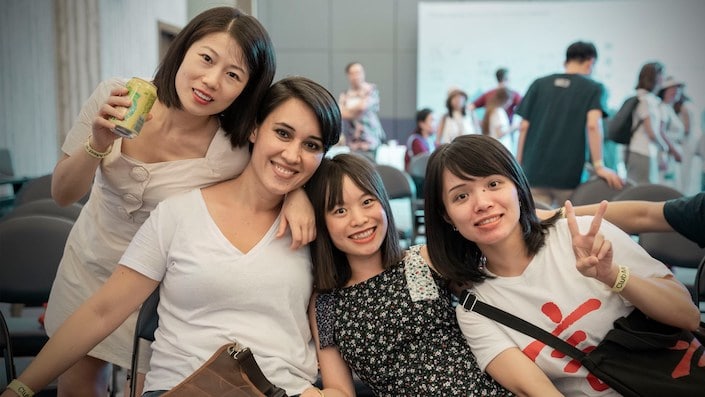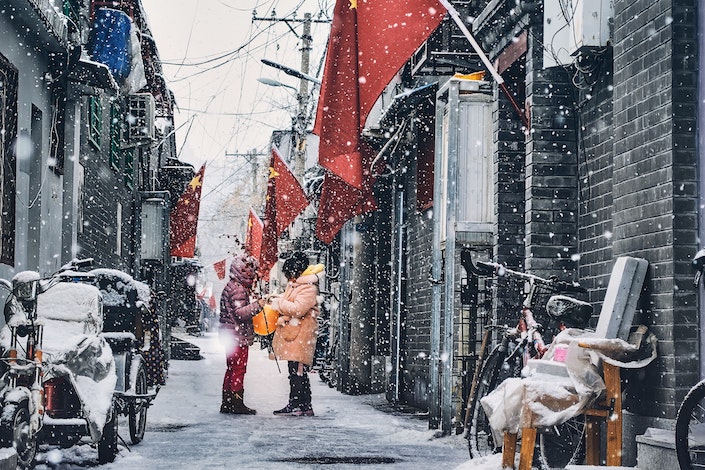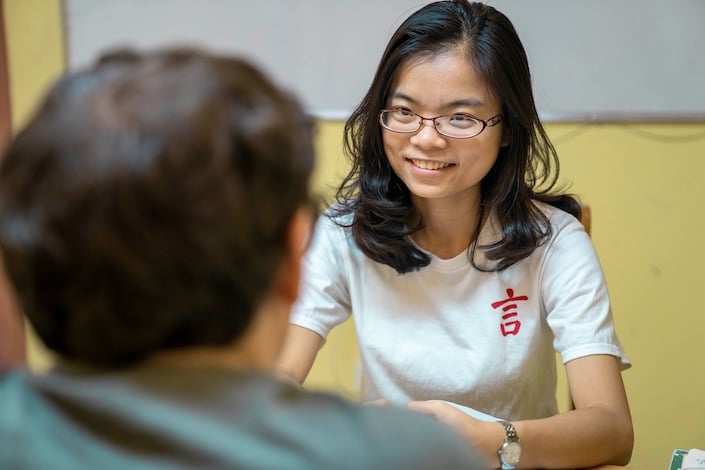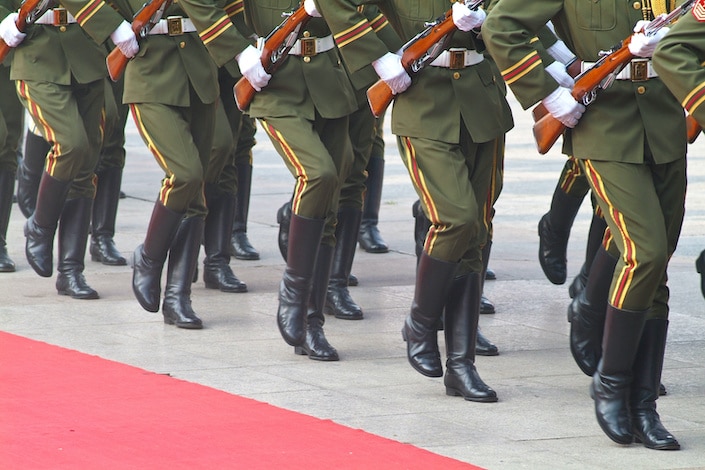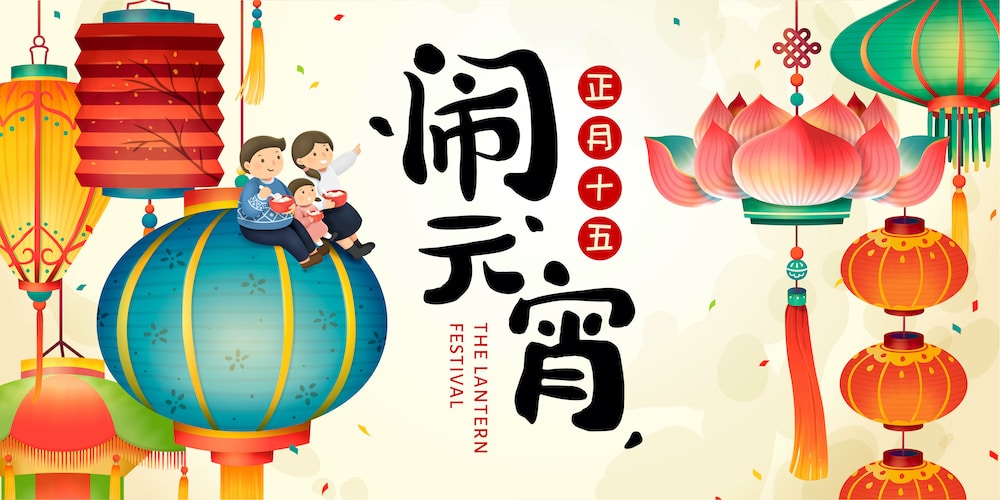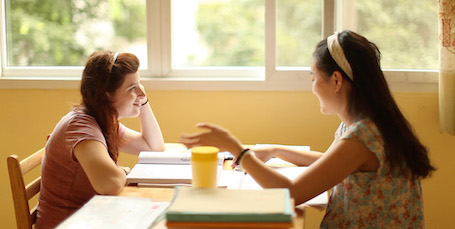Your Comprehensive Guide to the Chinese New Year (春节 Chūnjié)
Learn Chinese in China or on Zoom and gain fluency in Chinese!
Join CLI and learn Chinese with your personal team of Mandarin teachers online or in person at the CLI Center in Guilin, China.
Perhaps the most important of all Chinese holidays, the Chinese New Year is celebrated worldwide each January or February. This year brings us the Year of the Snake, commencing January 29, 2025.
Also called the Spring Festival (春节 Chūnjié), the Chinese New Year celebrates the beginning of the Chinese year based on the traditional Chinese lunisolar calendar and officially ends 15 days later with the Lantern Festival (元宵节 Yuánxiāo jié).
Table of Contents
- How is Chinese New Year celebrated?
- What foods are eaten during Chinese New Year?
- How to say Happy New Year in Chinese
- What are some taboos during Spring Festival?
- Why is it called the “Lunar” New Year?
- Chinese Zodiac Animal Signs
- The Chinese New Year Through a Local's Eyes
- Chinese Vocabulary for the Spring Festival
- Join a Spring Festival Celebration and Practice Your Chinese
How is Chinese New Year celebrated?
Spring Festival is a time for families to come together, exchange money-filled red envelopes (红包, hóngbāo), and enjoy delicious Chinese food.
The Chinese New Year is a 15-day holiday and includes a variety of festivities depending on the region and its local traditions and customs. However, certain common customs are shared regardless of region.
For example, it is common practice to decorate one’s home with Chinese lanterns. In many homes, you will find auspicious Chinese characters and couplets on red paper stuck on doors. Red is an auspicious color as it scares away the Nian monster. Wearing new clothes is also a common tradition to ward off bad luck—a new year is a time for newness after all!
View this post on Instagram
The Chinese New Year is an important time to 拜年 (bàinián, to pay a new year call), so it is common practice to visit relatives and exchange auspicious greetings and Chinese gifts, including the ever-popular lucky red envelopes filled with Chinese currency. Devoted Buddhist and Daoist practitioners also often visit local temples to welcome the new year.
The holiday has even had an influence on the traditional festivals of other cultures with whom the Chinese have historically interacted, including the Koreans, Vietnamese, Mongolians, and Japanese.
What foods are eaten during Chinese New Year?
Family is of central importance in traditional Chinese culture, and Spring Festival is generally a very family-oriented holiday.
The New Year’s Eve dining experience (年夜饭 niányèfàn) kick starts the tradition of family reunions. In fact, the Chinese Spring Festival also marks the world’s largest human migration, as overseas Chinese and Chinese migrant laborers return home to celebrate the advent of the new year alongside their families.
Though traditions can vary between northern and southern China, here are a few examples of common “auspicious foods” presented at reunion dinners:
1. Steamed Fish | 蒸鱼 | zhēng yú
As you may already know, the Chinese language includes many homophones (同音词 tóngyīncí), which results in many characters and words having the same pronunciation as one another.
In this instance, “fish” (鱼 yú) has the same pronunciation as “surplus” (余 yú). There is also a typical New Year greeting, 年年有余 (niánnián yǒuyú), which translates to “may you have a surplus (of blessings) every year”. Therefore, eating fish symbolizes an increase in prosperity.
2. New Year Cake | 年糕 | niángāo
Sticky rice cakes symbolize a prosperous year to come, as “cake” (糕 gāo) has the same pronunciation as “high/lofty” (高 gāo). This coincides with the greeting 年年高升 (niánniángāoshēng; “advance year after year”). Rice cakes are a must during Chinese New Year festivities!
3. Spring Rolls | 春卷 | chūnjuǎn
How can you start spring without spring rolls? This delicacy was originally a seasonal food that was consumed only during the spring. Eating spring rolls is a way to welcome the arrival of spring, and their golden color also symbolizes wealth and prosperity.
4. Fruits | 水果 | shuǐguǒ
Fruits are commonly enjoyed as desserts and snacks during Spring Festival celebrations. They symbolize life and new beginnings and are also a common new year gift.
5. Dumplings | 饺子 | jiǎozi
Due to their resemblance to imperial coins (元宝 yuánbǎo), dumplings are representative of wealth and fortune.
View this post on Instagram
6. “Longevity Noodles” | 长寿面 | chángshòumiàn
“Longevity noodles” are a kind of flat Cantonese egg noodles which are usually consumed during special occasions (such as the Chinese New Year and birthdays).
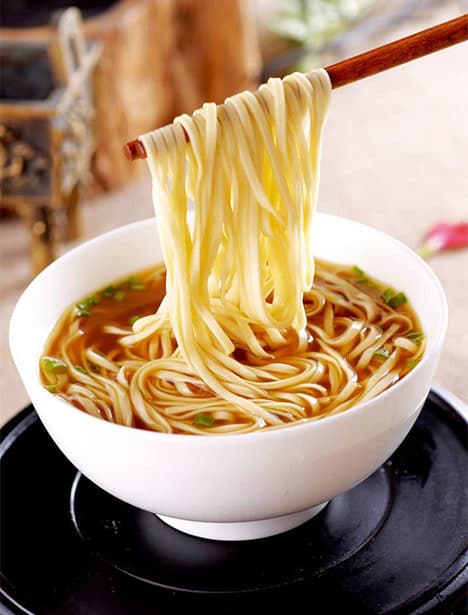
As their name indicates, their long strings represent longevity and living to a ripe old age. The trick is to eat them in a single mouthful and not cut the noodles short!
7. Tangyuan | 汤圆 | tāngyuán
The fifteenth and final day of the new year holiday is celebrated by the Lantern Festival (元宵节 Yuánxiāojié). During this time, it is common to eat a Chinese dessert called tāngyuán (汤圆), which consists of sweet glutinous rice balls filled with a variety of fillings such as sesame, peanut, and red bean paste. Their round shapes represent togetherness and reunion.
How to say Happy New Year in Chinese
Would you like to wish a friend, colleague, or loved one Happy New Year in Chinese? Read on to learn this festive phrase and more! Be sure to consult CLI's audio pinyin chart for a full Chinese pronunciation guide.
Cultural note: In China, people often hold a fist salute or 抱拳礼 (bàoquánlǐ) when saying the below greetings. Remember that this method of greeting is mainly used during formal occasions, so we suggest to avoid using it during informal encounters!
1. 新年快乐 (Xīnnián Kuàilè) - Happy New Year!
Saying “Xīnnián Kuàilè” is the simplest and most straightforward way to wish your Chinese friends, family and colleagues a happy new year. Want to know how to pronounce it? Just watch the following video and repeat!
2. 恭喜发财 (gōngxǐfācái) - May you have a prosperous year!
In addition to 新年快乐 (Xīnnián Kuàilè), this is probably the most popular saying you'll hear around the Chinese New Year. It has been the center of many 贺年歌曲 (hènián gēqǔ, Chinese New Year songs) and literally means “congratulations, make a fortune!”
Learn to sing along to the famous Chinese New Year song “恭喜” (gōngxǐ) in the following video.
3. 蛇年大吉 (shénián dàjí) - Happy Year of the Snake (2025)
大吉 (dàjí) is a noun meaning very auspicious or lucky. You can put any given year's zodiac animal year before 大吉 and use it as a general new year greeting. You can also simply say 大吉大利 (dàjídàlì), which means “good luck and great prosperity.”
To learn how to say other year-specific Spring Festival greetings, see the Spring Festival Chinese Vocabulary List toward the bottom of this article.
Happy Year of the Snake!

Feel free to download this high resolution version of the above image, for non-commercial use only.
4. 岁岁平安 (suìsuì píng'ān) - May you have peace year after year
A fun things aspect of Chinese is wordplay based on 同音词 (tóngyīncí, homophones). A great example of this is 岁岁平安. Breaking things during the Chinese new year is a taboo in China as it is believed to bring bad luck resulting in money loss and a family split in the future.
If something does break, you can say “碎碎平安” (suìsuìpíngān) which sounds exactly the same as “岁岁平安” (suìsuìpíngān). “碎” means to break, whereas “岁” means age or year and is the character used in 岁岁平安. This is a very clever way to negate all that bad luck!
5. 万事如意 (wànshìrúyì) - May all your hopes be fulfilled
万 literally means “ten thousand” or “a great number.” When you say 万事如意 to your Chinese friends, you are literally wishing that all matters (万事, ten thousand matters/affairs) be according to his/her wishes (如意)。
What are some taboos during Spring Festival?
All auspicious things aside, there are certain taboos that must be avoided during Chinese New Year:
1. No cleaning!
Any type of “spring cleaning” must take place before the new year and never during the actual holiday. This allows the cleaned space to be filled with the new blessings and fortunes of the new year. Cleaning during the holiday consequently means that you are getting rid of these new fortunes!
2. No wearing black or white!
In Chinese color symbolism, black signifies evil and white is the color of death and used for funerals. Instead, auspicious colors such as red and gold are often worn during the new year.
3. No cutting hair!
发 fā (hair) is also the character and sound for 发财 fā cái (to get rich), so cutting hair signifies a loss of fortune.
4. No breaking things!
碎 suì means to break, whereas 岁 suì means age or year. If something does break, you can say “碎碎平安” (suì suì píng ān) which sounds exactly the same as “岁岁平安” (“may you have peace year after year”).
Why is it called the “Lunar” New Year?
The term “lunar” is an English adaptation, mainly because the holiday starts with the new moon, ends with the full moon 14 days later, and is thus based on the Chinese lunisolar calendar. The name of the holiday in Chinese, 春节 Chūnjié, literally translates to “Spring Festival”.
Chinese Zodiac Animal Signs
The Chinese New Year is also a time when the annual zodiac sign changes, meaning that each year is assigned to a specific zodiac animal. Zodiac signs play an integral role in Chinese culture. It is said that your luck regarding financial situations, health and relationships for each year can be calculated based on your zodiac sign.
To ask your Chinese friends and colleagues what their zodiac animal is, just say "你属什么? (nǐ shǔ shénme?)". 属 shǔ can mean “to belong to” or “to be born in the year of". In China, it is common to be asked how old you are or what your 生肖 (shēngxiào, Chinese zodiac sign) is.
In response, you can say: 我属 (wǒ shǔ) + insert animal. For example: “我属牛” (Wǒ shǔ niú, I was born in the Year of the Ox). Consult CLI's article on the 12 Chinese Zodiac Animals for an in-depth look at this cultural phenomena and to find out what your own zodiac sign is!
The Chinese New Year Through a Local's Eyes
In our Spring Festival video, we invite you to peer into the life of a Guilin resident who walked the same arduous path traveled by so many in China from poverty to prosperity. Join Dayong, a CLI team member since 2009, as he converses with Uncle Ye (叶叔叔, Yè Shūshu) about how his quality of life has changed for the better over the decades.
While watching the video, follow along in this downloadable Chinese-English transcript for the Chinese characters, Chinese pinyin, and English translation.
Chinese Vocabulary for the Spring Festival
| 汉字 | Pīnyīn | English |
|---|---|---|
| 大年三十 | dàniánsānshí | Chinese New Years Eve |
| 春节 | Chūnjié | Chinese New Year; Spring Festival |
| 春节快乐! | Chūnjié kuàilè! | Happy Spring Festival! |
| 新年快乐! | Xīnnián kuàilè! | Happy New Year! |
| 大吉大利! | dàjídàlì! | Wishing you great prosperity! |
| 恭喜发财 | gōngxǐ fācái | May you have a prosperous new year |
| 鼠年大吉 | shǔnián dàjí | Best wishes for an auspicious Year of the Rat (2020) |
| 牛年快乐 | niúnián kuàilè | Happy Year of the Ox (2021) |
| 虎年吉祥 | hǔnián jíxiáng | Best wishes for an auspicious Year of the Tiger (2022) |
| 兔年快乐 | tùnián kuàilè | Happy Year of the Rabbit (2023) |
| 龙年大吉 | lóngnián kuàilè | Best wishes for an auspicious Year of the Tiger (2024) |
| 蛇年快乐 | shénián kuàilè | Happy Year of the Snake (2025) |
| 马年吉祥 | mǎnián jíxiáng | Best wishes for an auspicious Year of the Horse (2026) |
| 羊年快乐 | yángnián kuàilè | Happy Year of the Goat (2027) |
| 猴年健康 | hóunián jiànkāng | Best wishes for a healthy Year of the Monkey (2028) |
| 鸡年快乐 | jīnián kuàilè | Happy Year of the Rooster (2029) |
| 狗年大吉 | gǒunián dàjí | Best wishes for an auspicious Year of the Dog (2030) |
| 猪年快乐 | zhūnián kuàilè | Happy Year of the Pig (2031) |
| 欢天喜地 | huāntiān xǐdì | with boundless joy; overjoyed |
| 红包 | hóngbāo | red envelope |
| 压岁钱 | yāsuìqián | lucky money |
| 红灯笼 | hóng dēnglóng | red lantern |
Join a Spring Festival Celebration and Practice Your Chinese
If you are in China during Spring Festival, we hope you'll get to experience this important holiday for yourself by participating in some Chinese New Year activities with friends or colleagues.
Keep in mind that many people will be traveling back and forth during this period as part of the famous Spring Festival travel rush (春运 chūnyùn). If you do plan to go anywhere during this period, especially by train, make sure to buy your tickets far in advance.
If you aren't in China, we encourage you to seek out your local Chinese community, attend holiday events, and even volunteer to help prepare for the Chinese New Year festivities. This is a great way to learn more about Chinese culture and to immerse yourself in the Chinese language.
And now that you know some Chinese New Year greetings, it is time to put them to use! On behalf of the CLI team, we wish you a wonderful Chinese New Year and welcome you to learn Chinese in China.
祝大新年快乐,身体健康,万事如意 !
Zhù dà xīnnián kuàilè, shēntǐ jiànkāng, wànshì rúyì!
Wishing you a happy New Year, good health, and all the best in everything! 🎉

Experience the magic of Chinese New Year through cultural activities and community connections—wishing you happiness, health, and success! 🧧🧧

Tania holds a BA in Arabic and Chinese from the University of Leeds, which led her to spend two years studying in Taiwan and Egypt as part of her degree. Her interests include Chinese traditional theater, international education, and programming. Tania travels to China annually and is fluent in Chinese.




